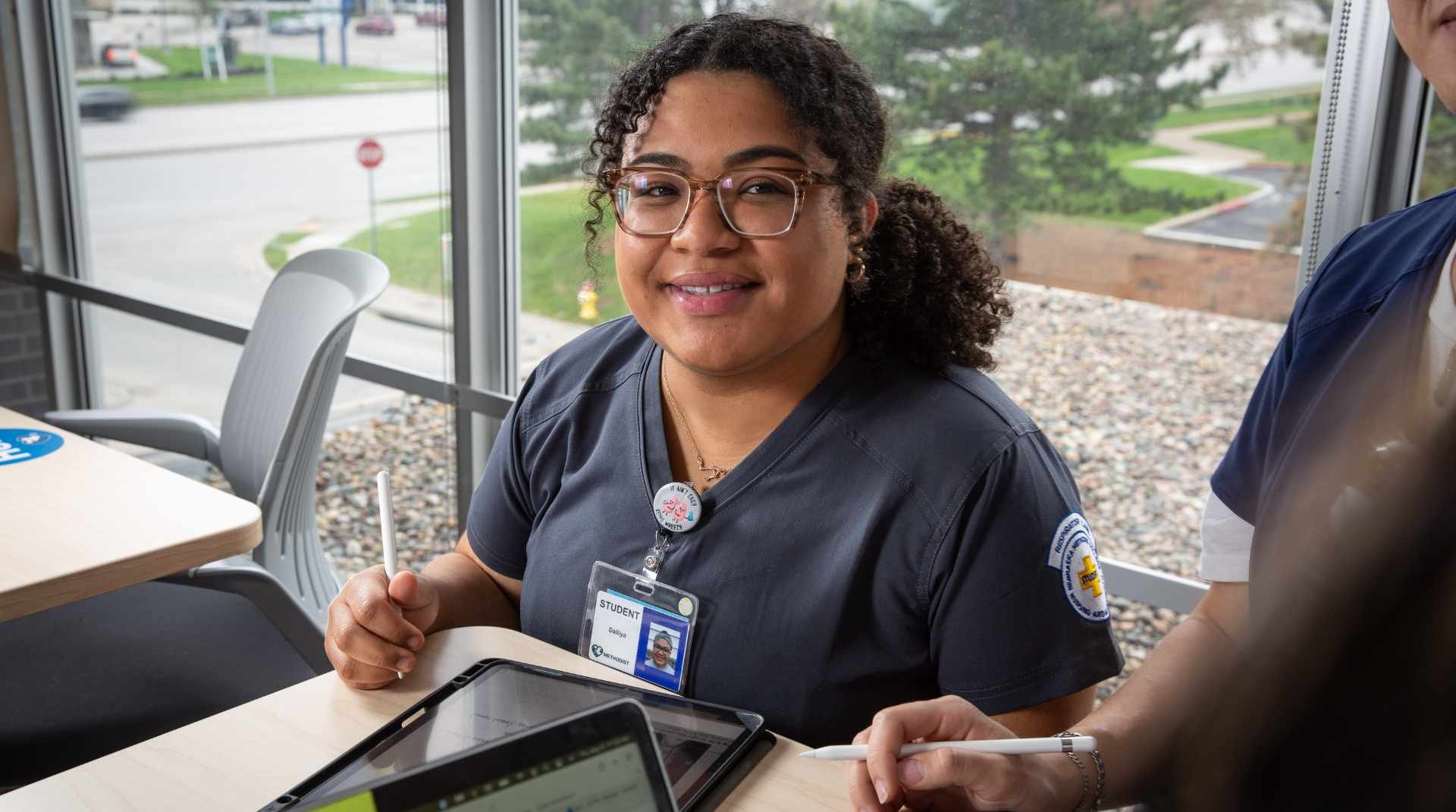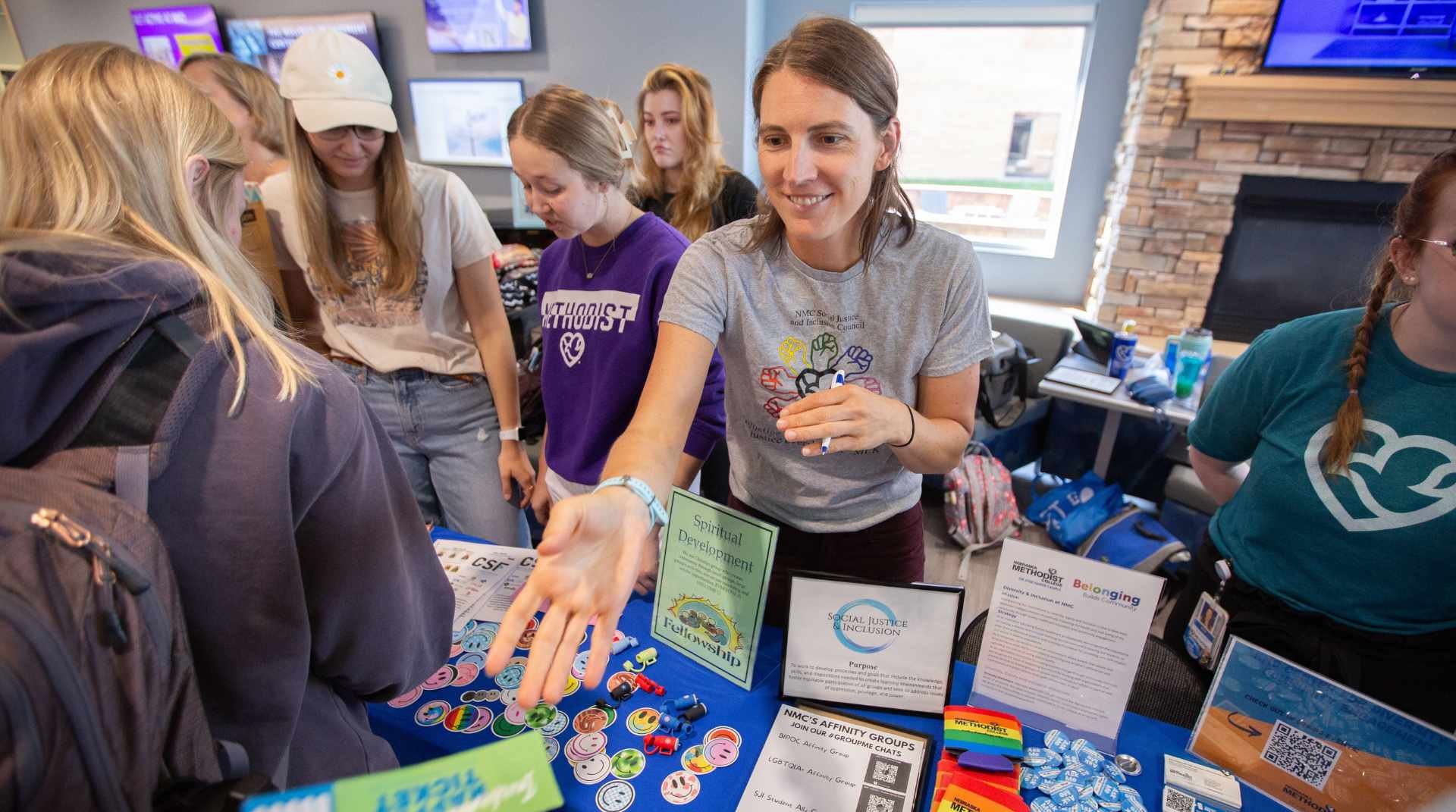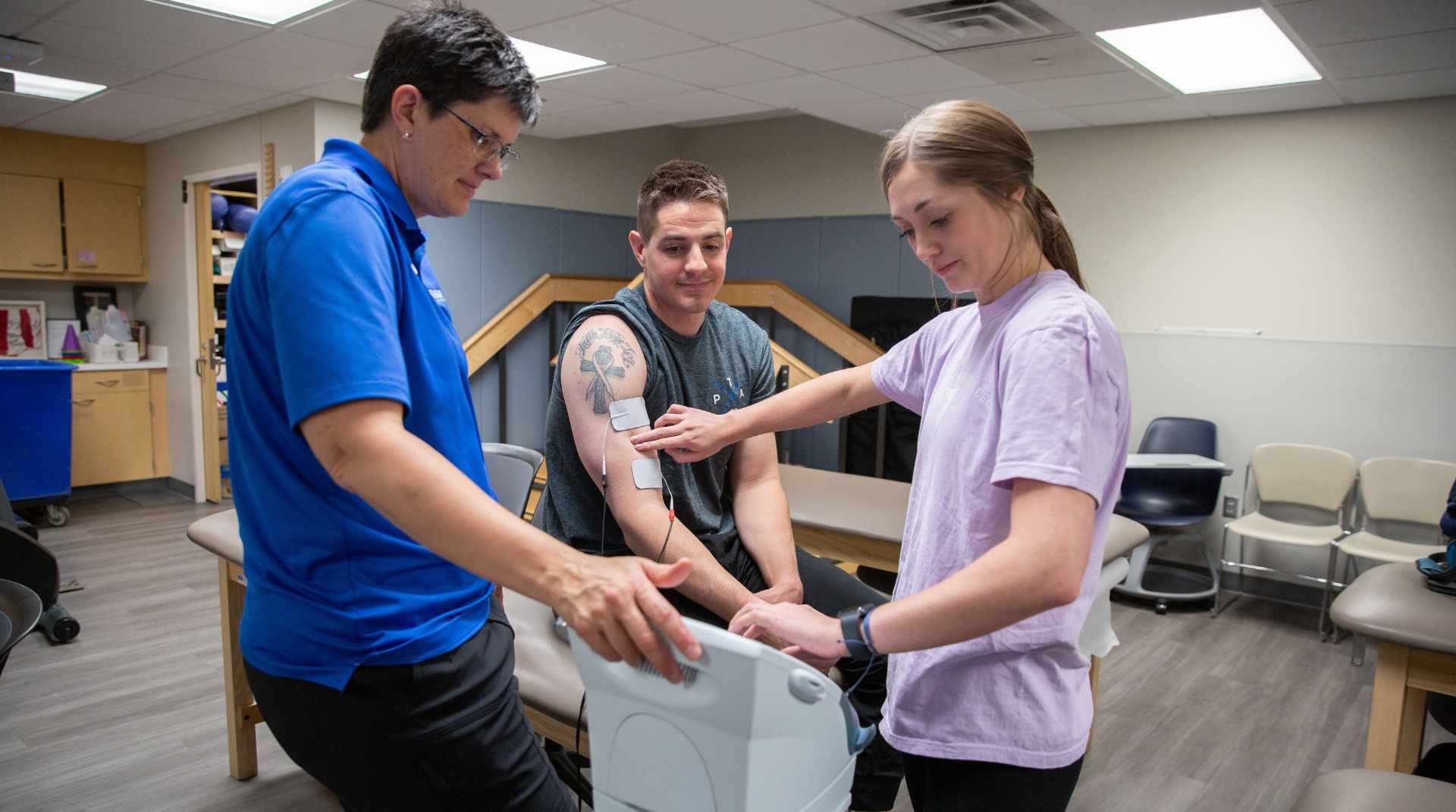
You should be proud that you’re the first person in your immediate family to take this step in your education journey.
As a first generation college student, your challenges might not be the same as other first-year first-time students. But you can develop the skills you need to find success in college.
Starting college right as a first gen student means you may have to take extra time to understand the processes in college or ask for help when you don’t understand something.
Overcoming First-Gen Challenges: Common Hurdles and Solutions
As a first generation college student, you face unique challenges that may include:
- Not feeling prepared for college.
- Lack of family support.
- Financial instability.
- Low academic self-esteem.
- Difficulty adjusting to college.
Knowing what difficulties you face is important so that you can be proactive in finding support during your first semester of college.
The college you attend will have support services for academics, financial aid, mental health and more.
Here are five first generation college student tips you can use to be successful in your first semester:
1. Maximizing Benefits at New Student Orientation Events
Before your first semester begins, you’ll have the opportunity to attend events that will prepare you for the school year.
Attending events organized by the Office of Student Engagement will help you start your college career feeling more familiar with your classmates, faculty and campus.
At Nebraska Methodist College (NMC), you can attend CARE Day, which allows you to finalize your class schedule, learn about student services, complete required health requirements, meet with a financial aid advisor and learn how to access your student accounts.
To make experiences like CARE Day even more memorable, introduce yourself to at least one new person. Remember that you are all in this together.
Read more: 8 Tips to Help You Survive and Thrive as a College Freshman
 2. Building a Network: Peer Support and Mentoring Opportunities
2. Building a Network: Peer Support and Mentoring Opportunities
You’ll also have an opportunity to attend an involvement fair to learn about student organizations. This is a great way to get involved on campus and meet other students.
At NMC, you can join groups like the Methodist Student Nurses’s Association, the Social Justice and Inclusion Council, Student Government, Student Veterans of America, and BIPOC, LGBTQIA+ and Student Ally Affinity Groups.
As a first generation student, you may want to see if you qualify for participation in TRIO Student Support Services. TRIO provides students with services and programming to help increase academic achievement and graduation rates. The program is for students who are first generation, low income or who have disabilities.
3. College Academic Guidance: A Path to Success
College is different from high school in many ways. Figuring out the expectations and requirements for college classes may seem overwhelming.
Luckily, you’ll have an academic advisor who will help you meet your requirements to graduate. They can also help you solve other issues that arise throughout your semester or college career.
Ask them what they wish students knew on their first day, and you’ll be surprised at the wisdom they’ll share.
4. Utilizing On-Campus Support: Beyond Academic Advisors
In addition to having an advisor, you’ll also have access to other academic services including, academic coaching, tutoring, supplemental instruction, disability services, mentoring and an accessible testing center.
Read more: How You Can Receive Mental Health Services at NMC
5. Financial Planning: Making the Most of Scholarships and Grants
Financial aid advisors help students understand the financial aid options available to them. Make an appointment with a financial aid advisor to get assistance with the financial aid process.
You might qualify for scholarships and grants after being admitted to college and submitting your FAFSA. But you might want to research external scholarships or find out if your employer offers tuition assistance.
Read more: Six Ways to Reduce the Cost of a Healthcare Education
6. Anticipating Additional College Expenses: Access Codes and Supplies
Before your first class starts, you’ll have access to a list of required books. You’ll use this to purchase e-books or texts for your classes, but also pay attention to any access codes or uniform supplies.
Your professors will give you more information in their course syllabus. As you’re budgeting for college expenses, know that it is common for you to learn about additional expenses in that first week of classes.
For more information about additional fees, visit NMC's Tuition and Fees page to learn about costs associated with each program.
Read more: How NMC Supports College Students with Food Insecurity
 7. Building Strong Faculty Relationships from Day One
7. Building Strong Faculty Relationships from Day One
Faculty members usually say the best part of their job is their students.
At smaller schools, faculty will get to know your name and will expect you to ask questions. The faculty-to-student ratio at NMC is 12:1, so building relationships with faculty is easier.
It makes a fantastic first impression if you reach out to them with a firm handshake and a smile on day one.
8. Staying Grounded in College: The Importance of Mindfulness
Reminding yourself why you chose to attend college may help you stay motivated. Write a note to yourself and keep it posted in your study area so you can refer to it when you get frustrated or tired. You have a goal to meet. It will take hard work and perseverance, but it will be worth it.
Soon you’ll be listing your first-gen student achievements.
9. Time Management: Balancing Studies, Work and Self-care
Between classes, studying, working and your personal life, taking care of yourself may become less of a priority.
But caring for your body will allow you to give your academics the attention they need.
At NMC, you have access to free healthcare services through Campus Health, fitness equipment in the Wellness Engagement (WE) Center, and meals and snacks available for purchase at Deja Brew and the Micro Market.
Planning Ahead: Thinking Beyond the First Semester
Being a first-generation college student is a badge of honor. It signifies resilience, courage and a vision for a brighter future. Remember, every challenge faced is a stepping stone towards success.
Keeping your overall goal in mind during your higher education journey can help you to keep moving forward.
Looking for more guidance as you navigate your college journey? Join our first-gen support community and connect with peers, mentors and resources tailored just for you!